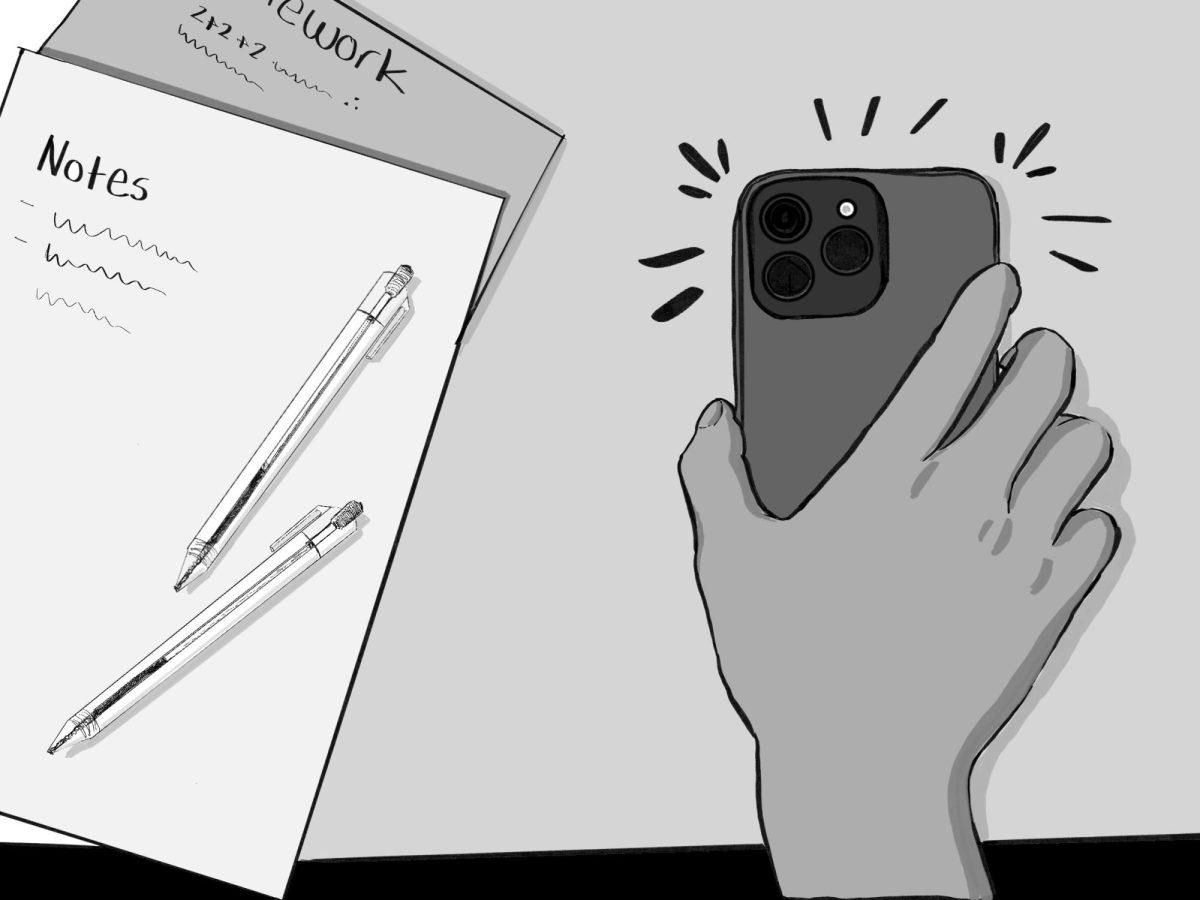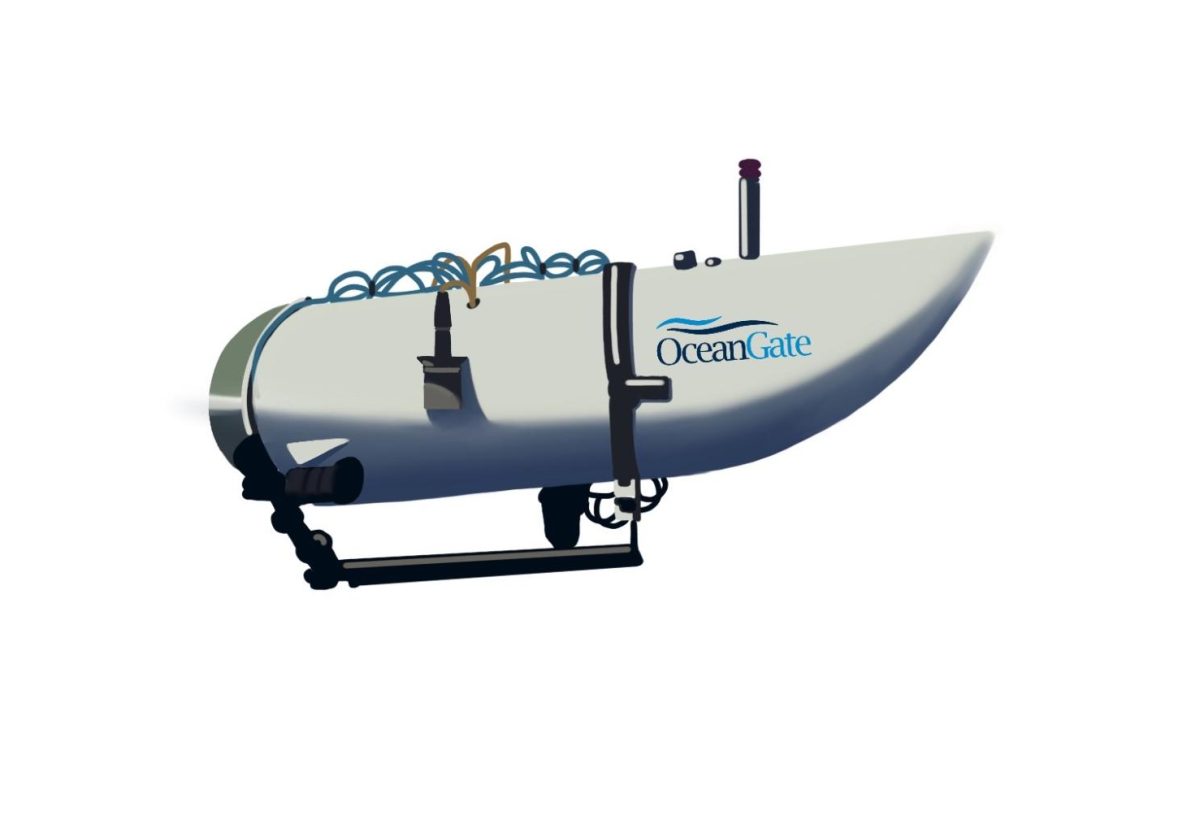Being opinionated is usually considered to be a negative characteristic. Opinionated people can be seen as picky, dogmatic or even pompous. Despite how often it is overlooked, there is immense value in the development and defense of personal viewpoints, especially for high school students.
Formulating personal beliefs is a crucial aspect of entering adulthood. Outside influences such as parents or the media have told us all of our lives that high school is the prime time to figure out who we are and who we want to be in the future. Becoming opinionated is, in fact, the linchpin of developing ourselves as unique individuals. Creating a personal identity is rooted in establishing likes and dislikes of all kinds, no matter how big or small. From things as monumental as determining what political candidates we support all the way to the types of music or salad dressings we like, making choices and figuring out our personal preferences sets the basis for self-definition.
While most people are subject to outside pressures that cause them to think in a certain way from parents, friends or society at large, the formation of viewpoints is still a personal process and a choice. It can be difficult to ignore parents who disapprove of certain political beliefs or classmates who have a narrow definition of the characteristics that make someone cool, but these tensions force us to rethink what we believe in. While being the outsider in terms of a point of view can feel alienating, holding a less common opinion leads to more opposition which in turn strengthens the loyalty to the idea. Being forced to vigorously defend our beliefs in these contexts results in doing more research on the topics of discussion to make sure we are as well equipped as possible for an in-depth conversation.
An important element of curating opinions is respecting the opposition. An opinion cannot truly be considered valid until it has been justified, so listening to the grounds for other ideas is a critical aspect of developing your own reasoning for why you may disagree. This can entail watching political debates for the other side or even just having a casual discussion with a friend, teacher or family member. It is important to not brush off or invalidate alternate points of view right off the bat so that a meaningful and engaging dialogue can take place. Coming into a conversation with an open mind and the willingness to try to understand other ideas is a necessary prerequisite to defending our own.
For a society that puts so much emphasis on being unique and standing out, it is time to stop classifying people who have a rigorous set of viewpoints as hard to deal with or stubborn. Being opinionated reveals dedication to seeking truths in the world instead of being passive and letting others decide the course of action. Definitionally, the process of self-determination requires taking a stance.
The alternative to this would be students who go with the masses and never explore their values or research fresh and unfamiliar modes of thought. This is antithetical to the goal of not just high school as a place for maturation, but for society at large as a place for all people to live their lives to the absolute fullest.
Students should not be afraid to face backlash, especially if their point of view is controversial or uncommon. Facing criticism from those who disagree forces us to question what we believe in and to come up with the best way to justify sticking to our guns, or maybe even to change our minds about certain issues.
If we stay true to our personal thoughts but also listen and absorb others’ ideas, we will become more comfortable in our own skin, learn important communication skills and become more respectful and engaged members of society.

































